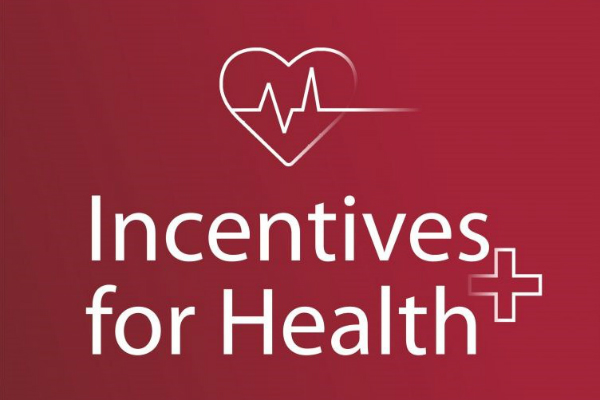Incentives for health
November 16, 2018
Share

Members of the Queen’s University Health Policy Council (QHPC) will soon gather at the Queen’s School of Policy Studies to discuss how Canada’s medical system increasingly rewards healthcare providers for services to treat illness or injury, at the expense of better-quality preventative medicine.
On Tuesday, Nov. 20, the QHPC will host Queen’s students, academics, and healthcare professionals at Incentives for Health – a series of panel discussions and keynote talks examining this and related issues, including the future of funding, hospital-based care, and health maintenance.
“Evidence suggests that 75 per cent of population health is attributable to social determinants like education, personal and financial security, employment and working conditions, healthy child development, gender, and culture,” says David Walker, Executive Director of the Queen’s School of Policy Studies and QHPC member. “Yet, most of the available funding is directed into healthcare services tailored toward treatment. We want to explore this imbalance and how changes to incentives could affect healthcare productivity, and ultimately improve the health of Canadians.”
Dr. Walker is set to open the day’s discussions with an introduction of the QHPC, its members, and its purpose. Formed in 2016 by several individuals at, or closely associated with, Queen’s, the council set out to discuss, develop, and disseminate useful policy options to both decision-makers and students of health policy.
“The QHPC is a multidisciplinary group that includes many of Canada’s top health policy and medical minds,” says Dr. Walker. “Its breadth of expertise encompasses everything from economics and public health, to emergency and family medicine, veteran’s health, government policy, health administration, and more, well-positioning us to offer comprehensive reviews and recommendations on issues affecting the Canadian healthcare system.”
Numerous Queen’s experts sit on the QHPC with Dr. Walker, including:
- Don Drummond (Policy Studies)
- Ian Gilron (Biomedical & Molecular Sciences)
- Michael Green (Family Medicine)
- Kieran Moore (Family Medicine; KFLA Medical Officer of Health)
- John Muscedere (Critical Care Medicine; President, Canadian Frailty Network)
- David Pedlar (Rehabilitation Therapy)
- Richard Reznick (Dean, Health Sciences)
- Chris Simpson (Vice-Dean, Medicine)
- Duncan Sinclair (Dean emeritus, Faculty of Arts and Science, Medicine)
- Ruth Wilson (Family Medicine)
The council also includes representatives from medical organizations, government funding agencies, public health organizations and others. Many QHPC members have contributed significantly to health policy development, with far-reaching impacts on health services restructuring, primary care reform, provincial healthcare strategy, and medical leadership.
“Health reform in Canada is an intricate task with a lot of moving parts,” says Dr. Walker. “Through collaborations like the QHPC, we can create a visible and respected forum for health policy discussion, and seek to advance our knowledge, learning, and implementation of strategies that will continue to improve the overall health of our communities.”
You can learn more about the QHPC’s work by visiting the website, and about some of their policy positions on the Queen’s Policy Blog.
Update (10 am, Nov. 19, 2018): Registration for Incentives for Health is now closed, as all seats have been filled.